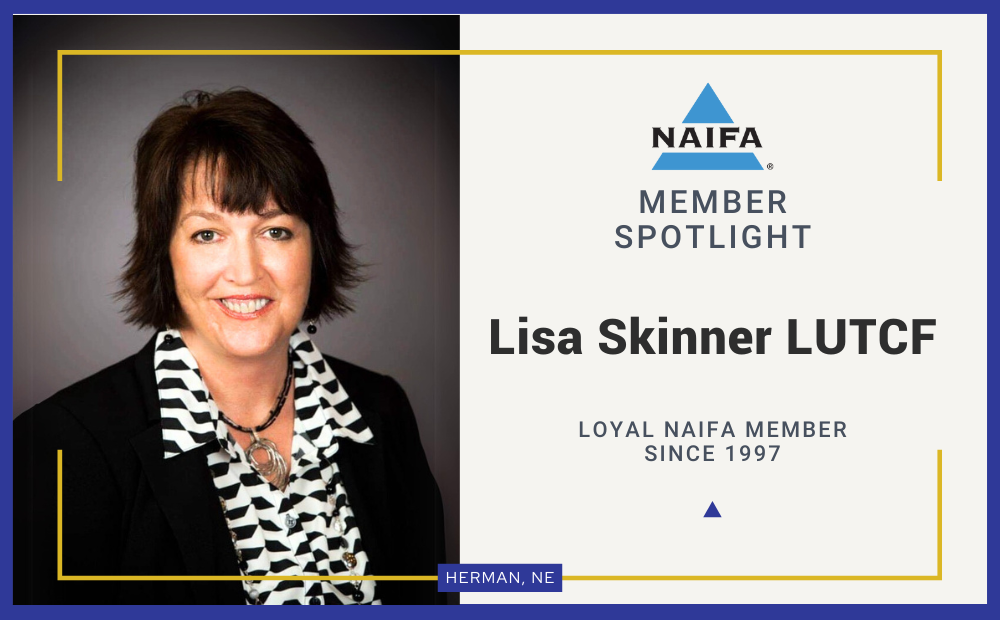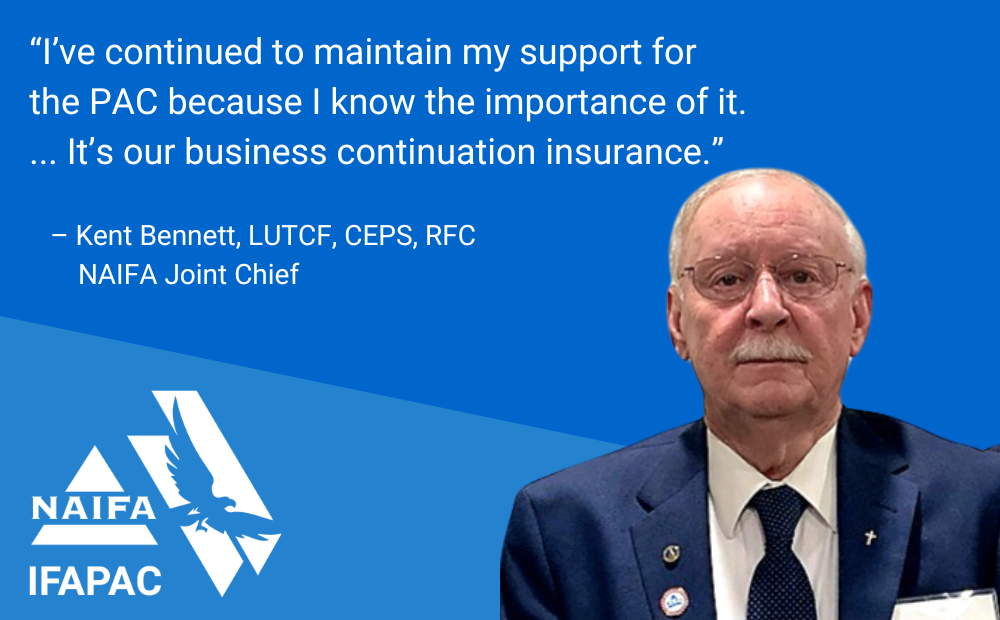Now is the time when I start to contemplate what I want my garden to look like this year. I review all my perennials that will soon start to sprout new growth, and consider which annuals I would like to plant this season. I think about which ones have done well in the past and which ones did not.
The arrival of spring is a great time to plant seeds--not just the types that grow in the dirt, but also those that grow into nest eggs and valuable assets.
The same can be said for our clients’ financial plans. This is the time of year when most of them will be reviewing the past year’s work, earnings and investment choices as they prepare to file their tax returns. Clients will be looking at year-end statements and comparing the results to those of past years. Their tax professionals might be advising them that they need to increase and diversify their retirement planning so that their nest eggs will grow in the manner they want.
Just as I look at my plants to determine what would go best side by side with what is already in the ground, so, too, should you and your clients review their current financial commitments and see what would best accompany what has already been done for them to meet their objectives.
Do they need to start saving for a family member? Do they need to consider additional insurance purchases, such as life, disability income insurance or long-term-care insurance? Is there now a place in their financial garden for an annuity? Would that complement their current portfolio? Is there an investment that has been made that is no longer meeting their goals? Do you need to pull that one out by the roots and plant something else in its place?
Help your clients to be good stewards of their financial gardens. Being a good gardener means taking a holistic approach to your outside space. By this, I mean that you are considering not just the plants, but the soil, sun exposure, access to water, etc.
The same holds true for our financial planning. It is not enough to buy some life insurance, open an IRA or consider options for long-term-care planning/funding. Our clients need to understand these products and planning tools from a point of view that encompasses the entire terrain of planning and all its implications, as well as which products and carriers work best for them.
We serve our clients well when we take a holistic view of our practice and when we encourage them to take a similar view of the financial well-being of their family and their business.
By Lisa Horowitz, CLU, ChFC
Bio:
Lisa Horowitz, CLU, ChFC, has had her own insurance practice for 26 years and specializes in various disciplines, including life insurance, LTCI, DI and Group/Employee benefit programs. She recently started Lifecycles: Resource Management for Lives in Transition, which offers a holistic approach to managing and coordinating the details surrounding difficult medical transitions.








.png?width=300&height=300&name=CC%202025%20Ad%20(300%20x%20300%20px).png)
.png?width=300&height=600&name=Tax%20Talk%20Graphic%20-%20email%20tower%20(300%20x%20600%20px).png)



.png?width=300&name=NAIFA-FSP-LH%20with%20tagline%20-%20AT%20blog%20email%20ad%20(300%20x%20250%20px).png)
.png?width=728&height=89&name=2024%20Congressional%20Conference%20(728%20x%2089%20px).png)
